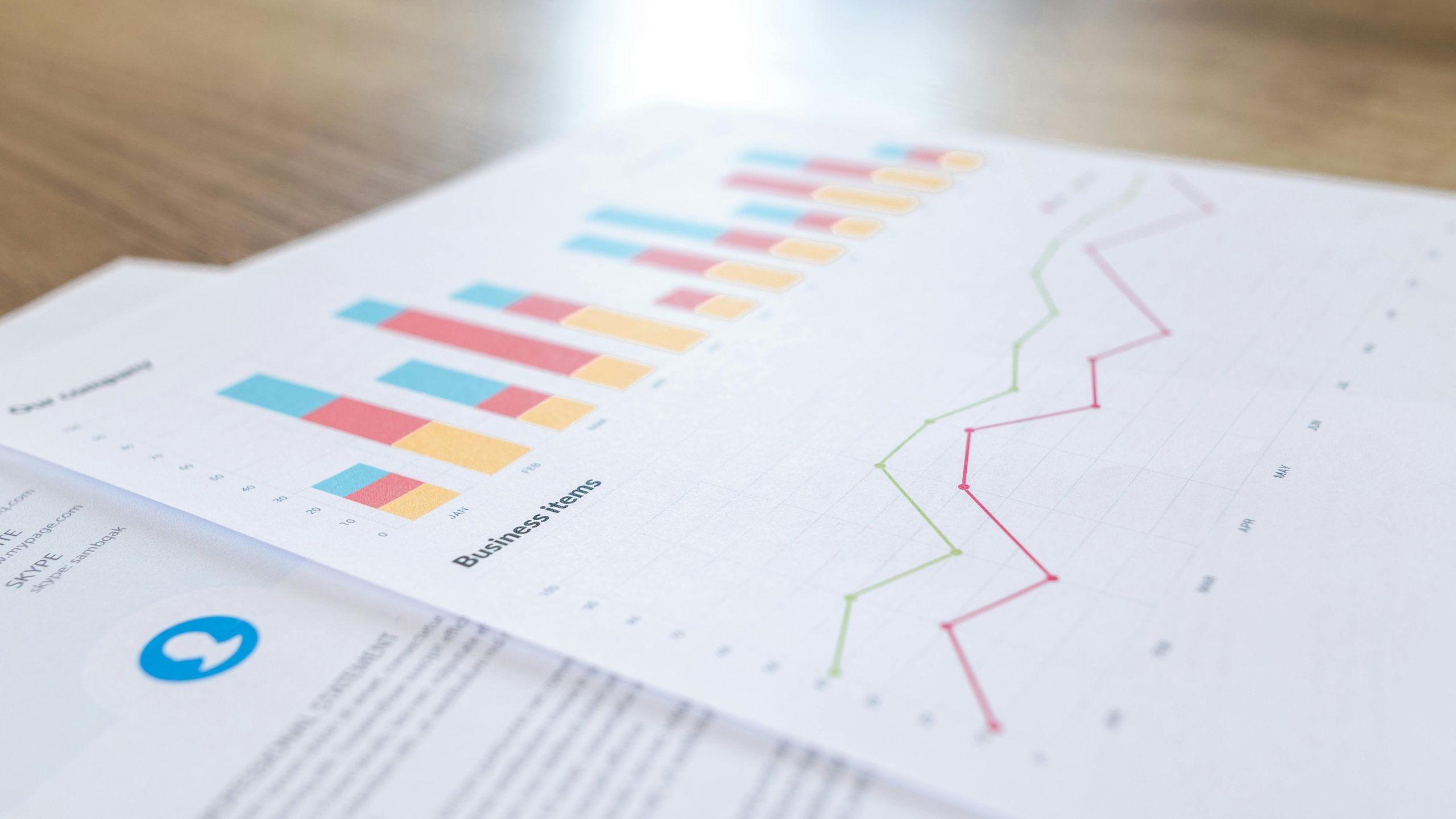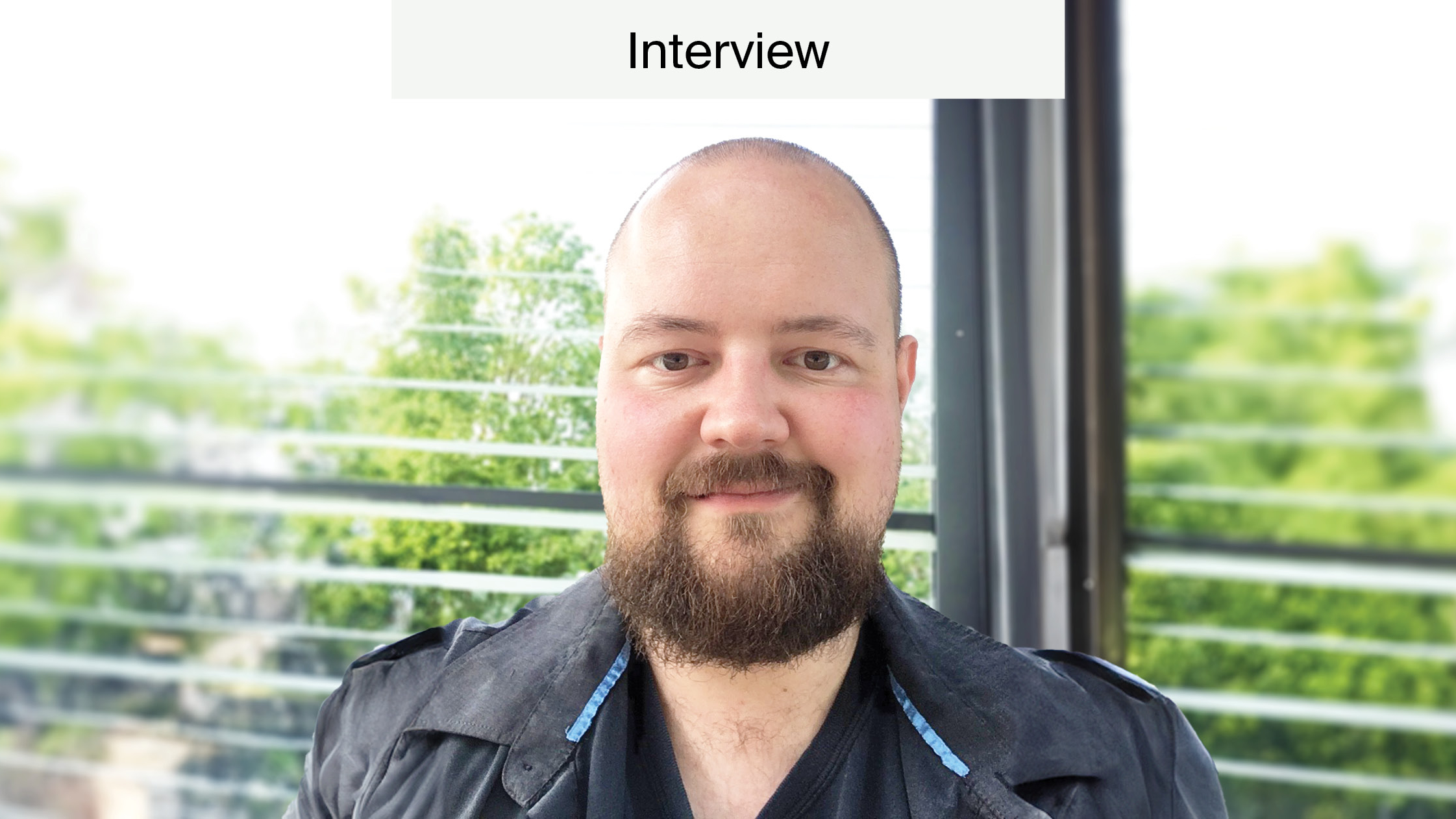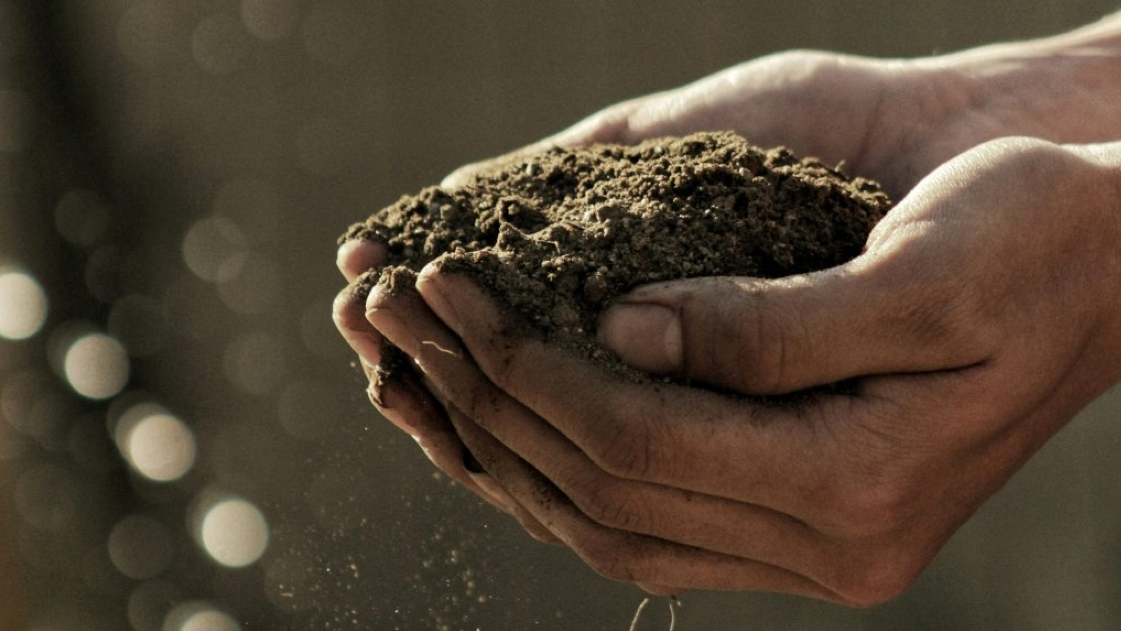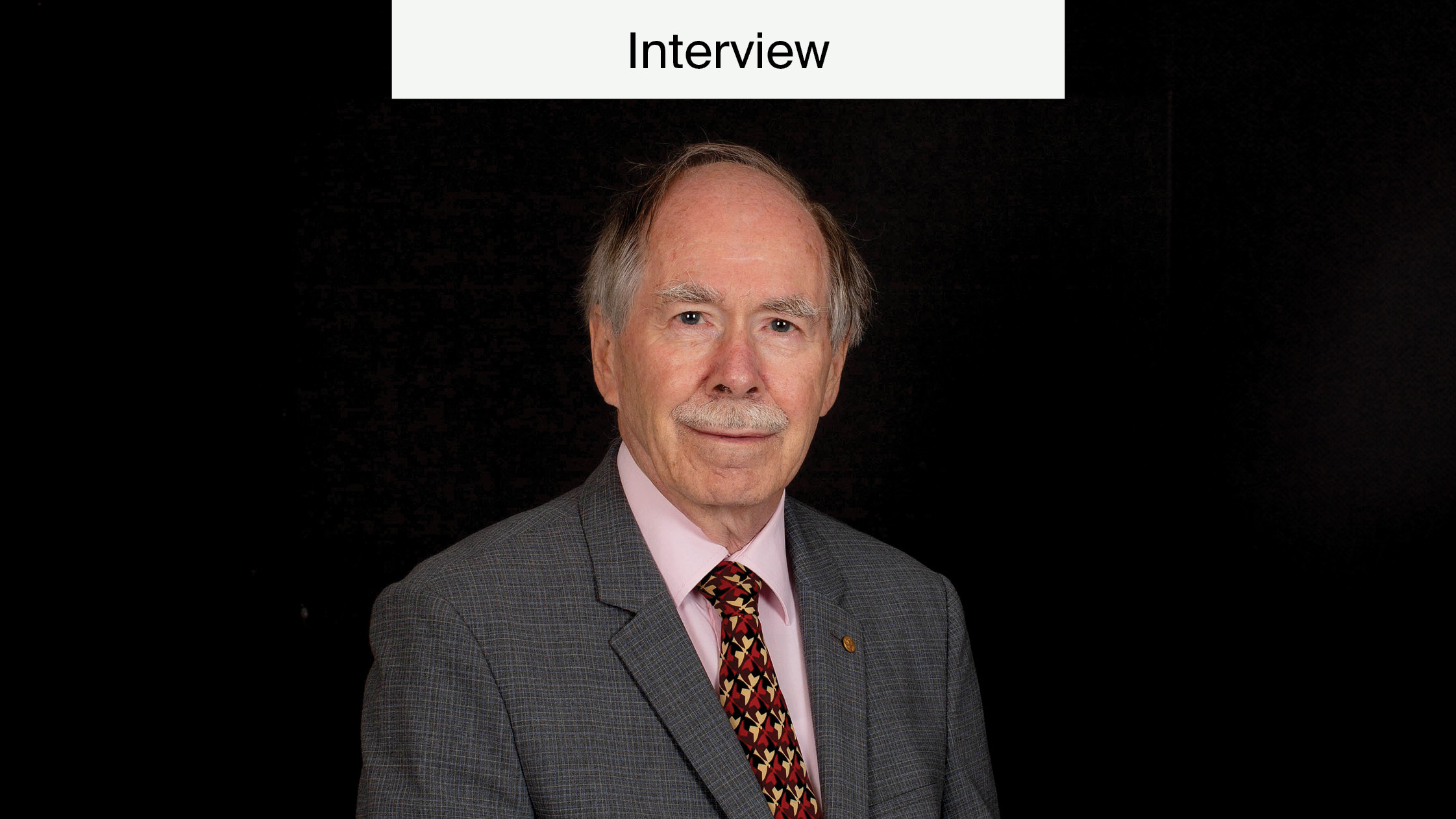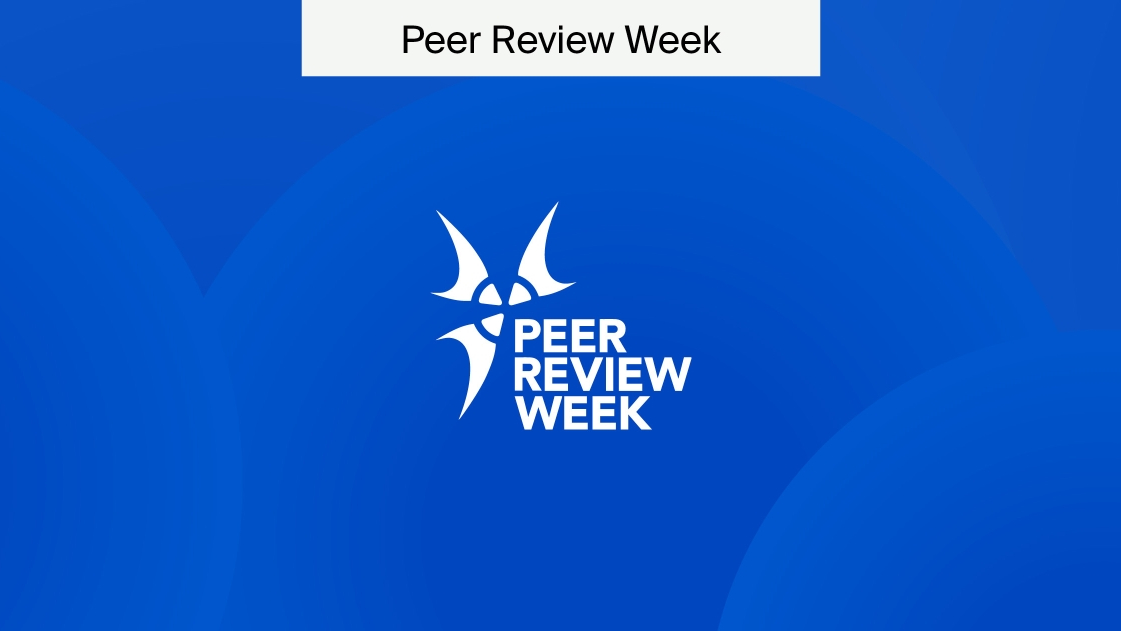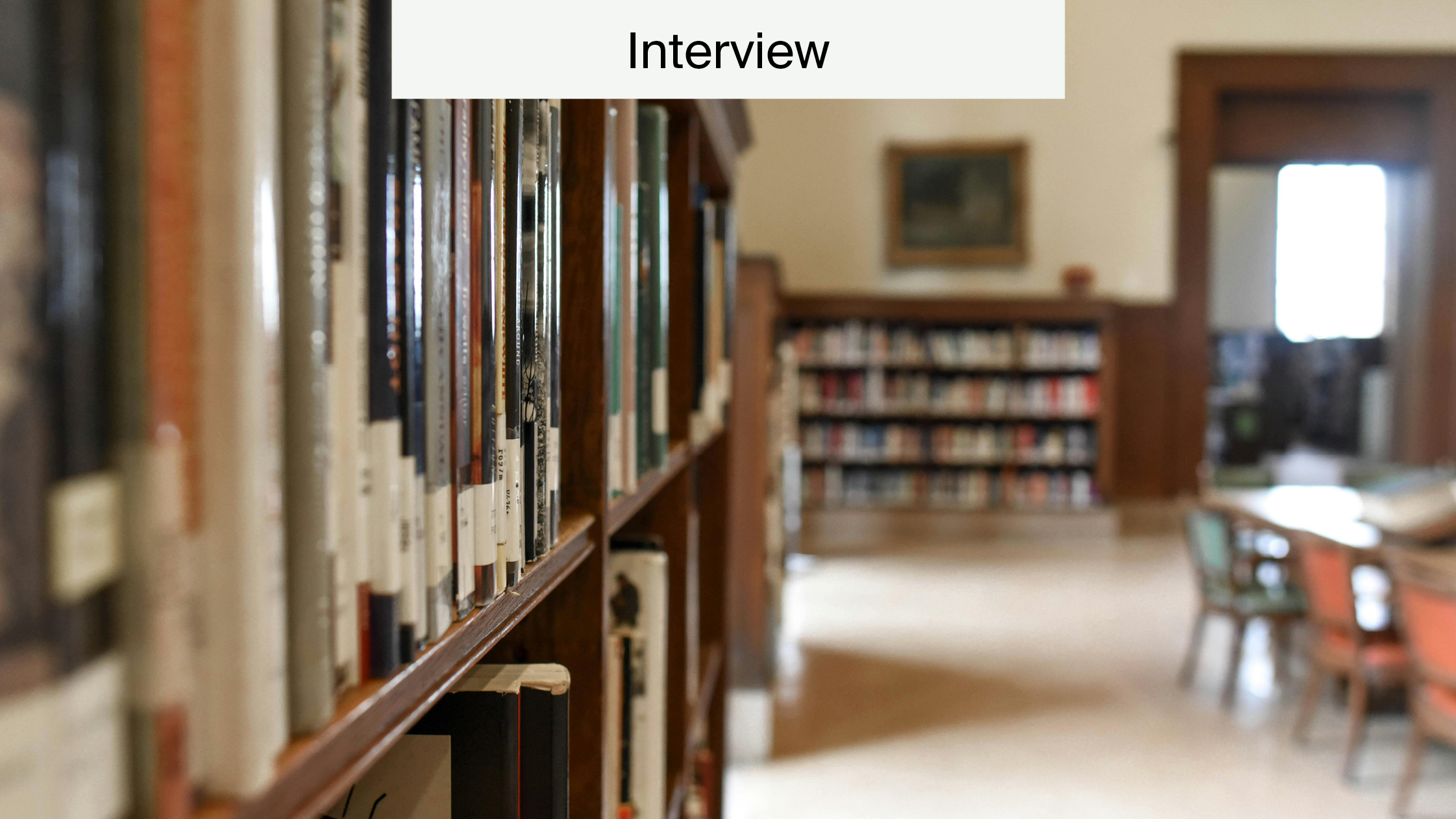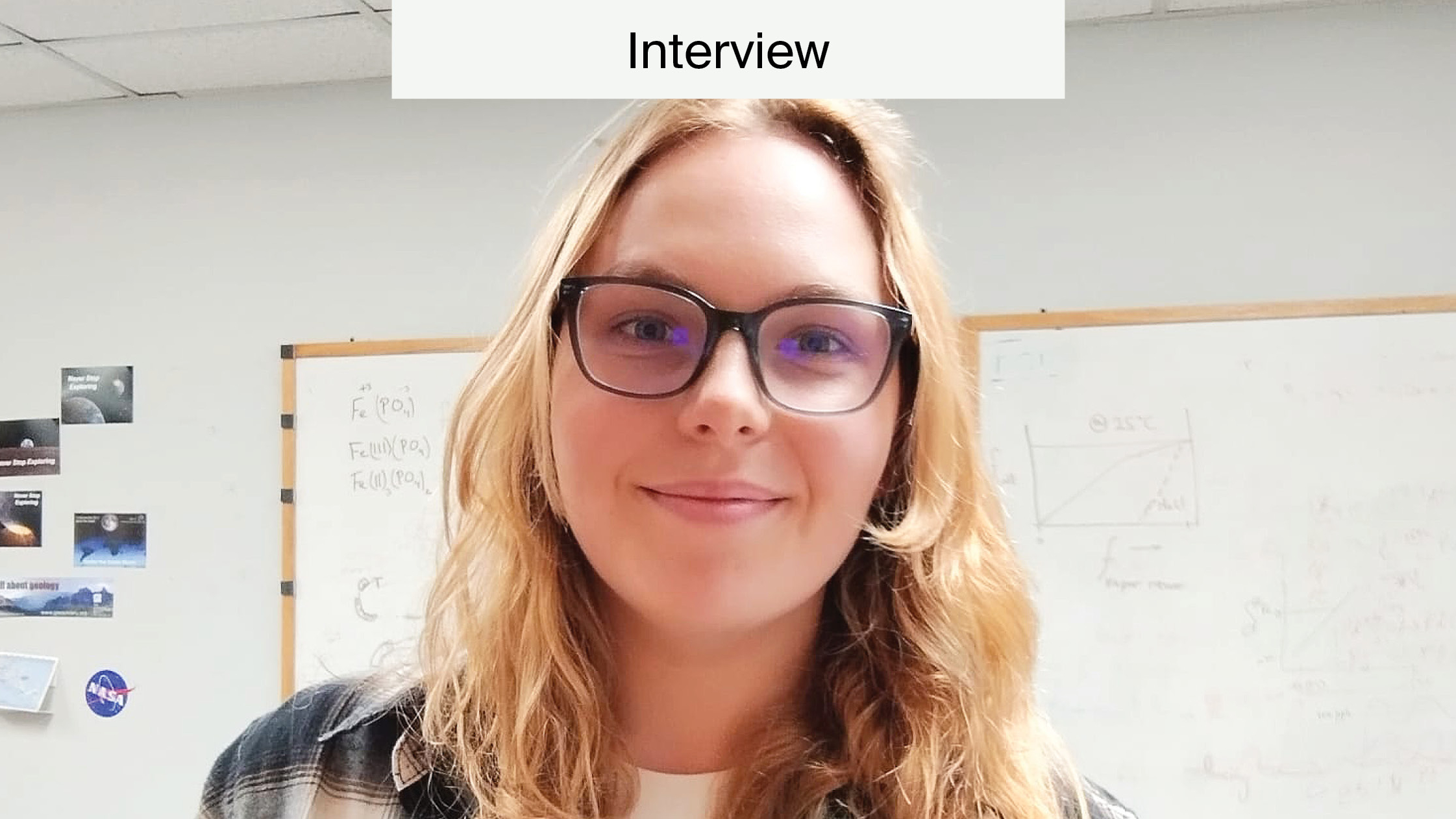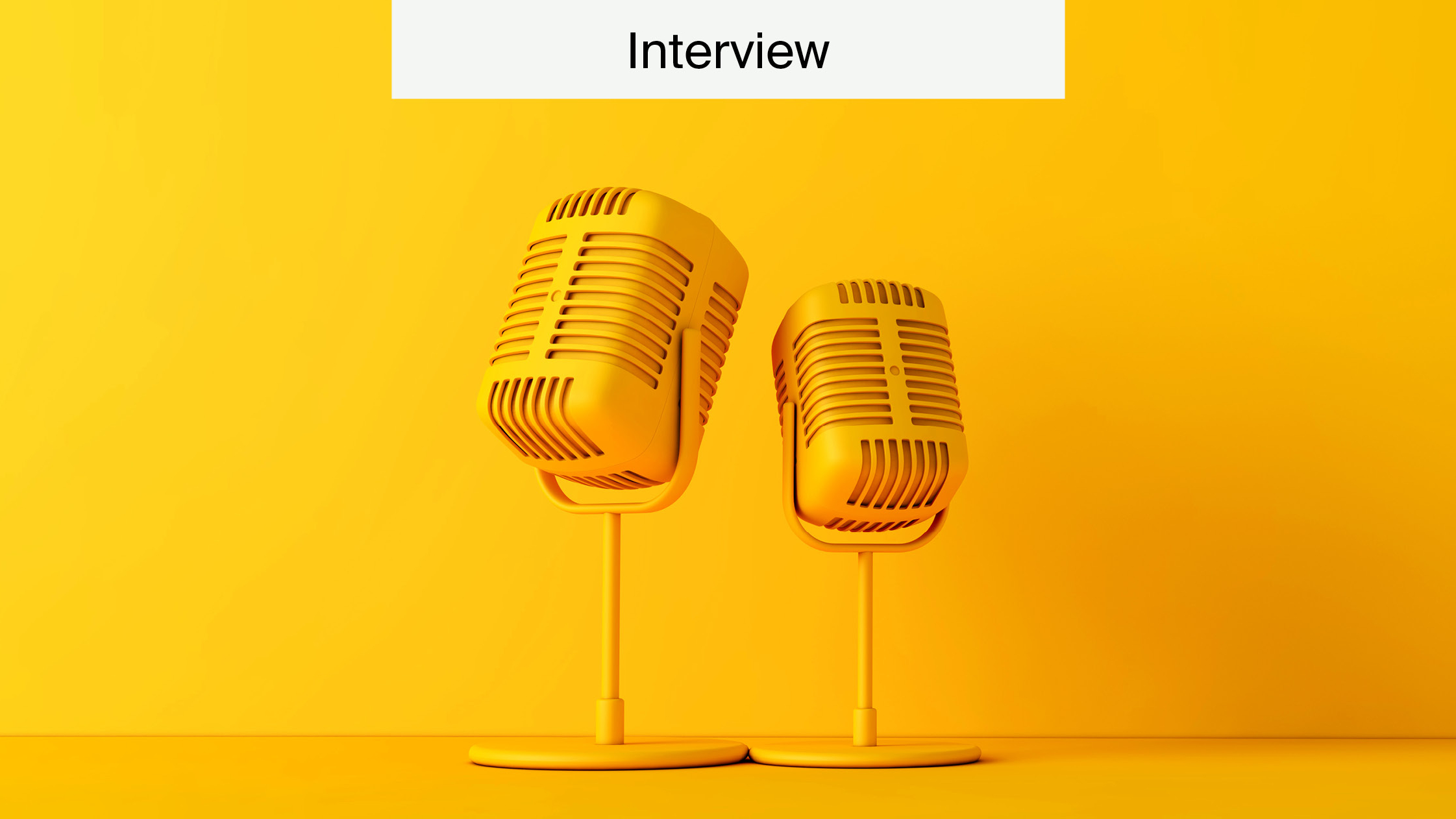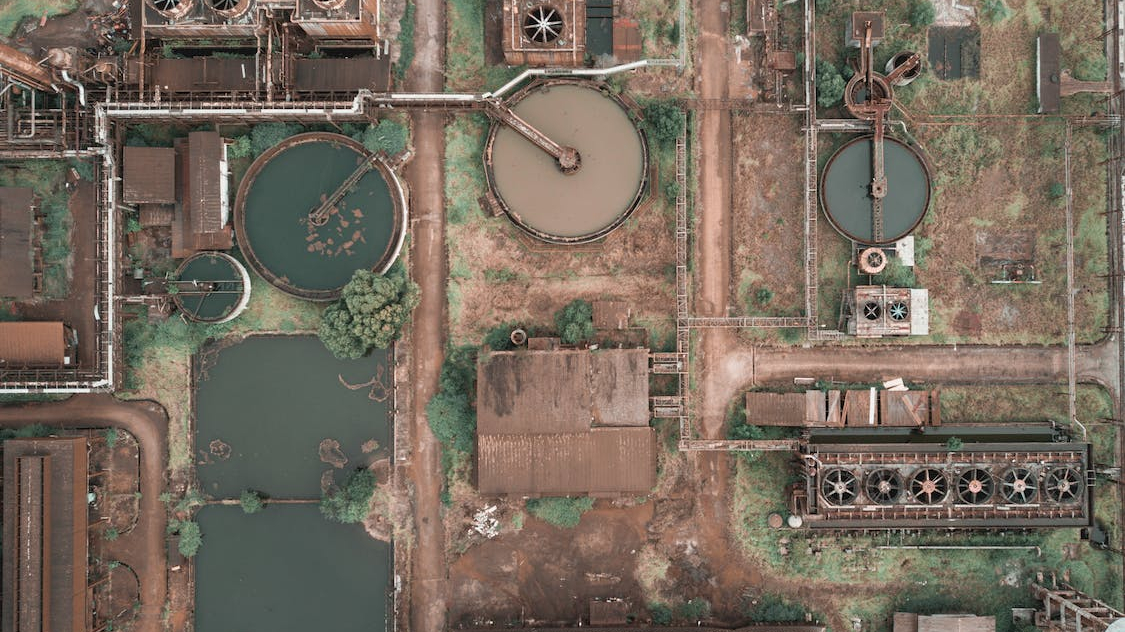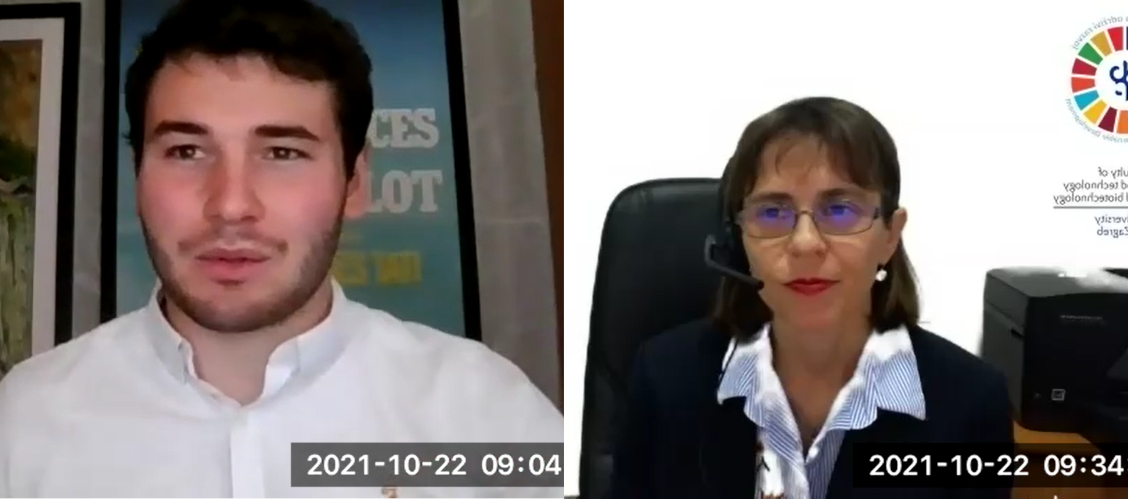
Prof. Dr. Anet Režek Jambrak Interview—Emerging Sustainability Leader Award Winner 2021
Food made us who we are, or at least our food systems did; since that first agricultural revolution nearly 12,000 years ago, these systems have become no less significant. It was then that food began to dominate our planet, now it dominates our time, our thoughts, our health, our finances and our future. Professor Anet Režek Jambrak, joint winner of the Emerging Sustainability Leader Award 2021, is a food scientist who is working towards food systems that lead by example, both in their unwavering commitment to sustainability and by implementing state of the art technology to ensure that our oldest industries are those that will last the longest.
As a professor at the Faculty of Food Technology and Biotechnology of the University of Zagreb, Professor Jambrak’s research is focused on advanced thermal processing, nonthermal processing, green processing, Industry 4.0, digitalisation, and that’s just to name a few.
Having published more than 100 significant scientific papers and having been cited more than 3600 times, it is no surprise that the Emerging Sustainability Leader Award is only the most recent in a long list of accolades that Professor Jambrak has received, such as the National Award for Science from the Parliament of the Republic of Croatia and the Young Scientist Award from the International Union of Food Science and Technology. I hope there’s still room at home for this one!
Let’s speak to her about her important work on developing food systems and her experience as a researcher.
In 2019, you founded the Laboratory for Sustainable Development at the faculty of Food Technology and Biotechnology in Zagreb; what convinced you of the necessity of the laboratory?
This is a really important question and, of course, the laboratory wasn’t something that was easy to implement. The idea came about in 2016., when we started our project about green extraction of bioactives from Mediterranean herbs. It’s something that we already had in mind at the Faculty of Food Technology and Biotechnology at the University of Zagreb, the importance of sustainability and the importance of staying in line with the Sustainable Development Goals, when we talk about food processing, biotechnology and nutrition.
So, we started to convince our leaders at the faculty of the importance of establishing this kind of laboratory. I have been working in the laboratory for food processing engineering since 2003 on nonthermal processing and advanced thermal technologies, and in 2016 I started to work GREENVOLTEX project. This was our idea; we couldn’t ignore the necessity of introducing sustainability into food processing. We convinced the leaders of the faculty in 2018 that was really crucial, and from there we began working on the different administrative tasks and putting together all the necessary documents for the foundation of the laboratory. Finally, on the 29th of October 2019, our lab was established! So now next Friday [at the time of writing] will be two years since the foundation of our lab, and we couldn’t be happier to celebrate its second birthday!
A large part of your work at the Laboratory for Sustainable Development has been the creation of teaching programs for students; what is the focus of these modules and why are they so important?
Yes definitely, students are really at the core of our faculty, and we have different kinds of study programmes at the bachelor level and the master’s level. Since the foundation of our laboratory, we have considered the importance of teaching students about sustainability, and we have tried to incorporate these topics into existing modules.
We think that it is important that sustainability is a mandatory part of all students’ education, and in terms of the future we’re thinking about how best to convey this to the leaders of the faculty, in the hope that they realise the importance of an obligatory module concerning sustainability in biosciences. The modules that I’ve discussed so far are only the ones that we’ve already considered; we want sustainability to be present at all levels of study, bachelor’s, master’s right through to PhD level. We think it’s really important to teach our students how to think about sustainability in all its dimensions, including for example entrepreneurship regarding how processes can be modified considering the Sustainable Development Goals, and how to think about the economy, environment and society, so that they are able to take on roles as future educators of consumers regarding sustainability.
Your work is heavily interwoven with the UN Sustainable Development Goals; how have they impacted your research? And which ones are of particular significance in your field?
In my area of research, I’m working on the application of nonthermal and advanced thermal technologies in food processing and, more recently, we’ve been moving towards the application of elements of Industry 4.0 in nonthermal processing. We’ve tackled the majority of the Sustainable Development Goals; there’s 17 of them and we’ve tackled 15! In my opinion, I think the 17th one, Partnerships for the Goals, is really the most important one, because in order to reach our goals, in food processing, and in biotechnology and nutrition, we definitely need to have collaboration and that means interdisciplinary and international collaboration in order to gain knowledge from people who are experts in their area, in order for us to be able to make progress in research and development. Our research is focussed on food engineering and sustainability, and that’s why we need this interdisciplinary research and experts from different fields.
You recently edited the Special Issue “Sustainable Development Goals (SDGs) in the Food Supply Chain Continuum” in Sustainability; how important are our supply chains to the sustainability of our food systems?
Supply chains are really important, because through supply chains and through sustainability of those supply chains we can efficiently control and monitor food safety and food quality. One way to do this is through monitoring all the different kinds of parameter that affect food safety and quality using elements of Industry 4.0, for example using different types of sensors that monitor the supply chain all the way from the raw material to the final product.
But this isn’t enough, our supply chains have to be driving forces for sustainability, falling in line with the Sustainable Development Goals so that our food systems have a positive impact on our economies, our societies and our environment.
You’ve spoken about Industry 4.0 and smart factories, which are both things that I’ve read and heard a lot about, but still don’t really know what they mean. What might the smart factories of the future look like in terms of food processing and food systems?
Yes, this is something that our laboratory will certainly be working on in the future. Our idea is to work locally, in our time, but also to think about the future, the UN Agenda 2030, and our sustainable development indicators on how to fall in line with the Sustainable Development Goals. Our task is definitely to reduce our carbon footprint, and to think about the future, for example how life will look in 2050. A mandatory part of this task is to consider how the smart factories and factories of the future should look, and of course how factories for food processing and biotechnology should look!
In the first place, we need to incorporate green skills, soft skills and engineering skills into our education, in order to build our experts and employees of the future, so that’s the first thing we need to do. We also need to focus on implementing lean production from the beginning, in fact it needs to be lean, green and definitely digital. The idea is to create the smart factories of the future in terms of food processing and biotechnology. This includes creating zero-waste processing and self-sustainable factories with zero CO2 emissions. The goal is no waste at all. We’ll recycle, reuse and reduce everything that we can. We’re talking about factories that produce their own energy, be that from the sun, the wind or from water.
The easiest way to do this is learn from nature, for example by using different kinds of species that absorb carbon. In our opinion, and if we want to move towards digitalisation, it’s really important that we optimise processing, because that’s why we’re learning and applying these elements of Industry 4.0, because it’s just as crucial that our processes are as energy-efficient as possible.
One of your areas of expertise is thermal and nonthermal processing. What advantages do these techniques present for the cultivation and preservation of food?
Well, for thermal processing, we all know that classic thermal processing techniques like pasteurisation and sterilisation are really effective in the preservation of food products. And there’s different kinds of products, canned products, milk, juices that are produced by pasteurisation and sterilisation. Thermal processing techniques are really an ancient example, and one that really works, so we don’t want to replace this kind of really efficient thermal processing because it’s been able to produce products that can sit right there on the shelves for decades. What we have done is improved the processes of sterilisation and pasteurisation, thereby increasing food safety. This is really important for food engineers and food technologists; nothing’s more important than creating safe food products.
There are different advantages of thermal and nonthermal processing; for classic thermal processing, we’re moving to processing which is ultra-high temperature and short duration, in order to destroy the microorganisms and pathogens without alteration of the food products. What’s come about in the last 20 years is the idea of nonthermal processing, processes based on pressure, mechanical or electrical principles. The aim is really to conduct nonthermal processing at lower temperatures not going above 30°C and again to be really fast, spending just minutes or seconds processing our food. Be it in liquid form or using various packaging materials, or through pressure-based or other sorts of nonthermal processing, the ultimate goal is preservation.
So, a difficult balance between getting rid of the things you don’t want, without changing too much the things you do?
Exactly, we first need to determine what our target is, what we want to achieve, and then tune our processing so as not to harm the food products, whilst still maintaining what we want to preserve. For example, if we want to freeze or dry the product afterwards, we’ll use nonthermal processing; these are the sorts of things we need to consider.
In more general terms, a lot of your research is focused on lifecycle assessments of food systems. How close are we to food lifecycles that are truly cyclical?
In terms of lifecycle assessments, we’ve got good partners, who have really taught us how to think about lifecycle assessments, and how to calculate lifecycle assessments. Now, we are at the start of a lifecycle assessment for nonthermal processing. We’re also reading and teaching about lifecycle assessments for food processing, and regarding different kinds of food systems. These assessments incorporate a lot of information and data, which are really difficult to collect, so it’s time-consuming.
It’s also important that we think on a larger scale about the economy and circular economy approaches because, in these lifecycle assessments, we are interpreting data that are necessary for the calculation of carbon footprints, water usage, waste and so on. We can’t forget the link to the economy when we’re discussing sustainability. When we’re conducting lifecycle assessments and moving towards truly cyclical food product development, it’s important that we understand context of the wider circular economy, in terms of energy for example, and it’s important that we have the breadth of data to reflect that.
How important do you think the concept of open access is to sustainable development and developing food systems?
As a scientist, I think that open access is really important. Because, in the first place, science, and the results of science should definitely be accessible to anyone. I also think that science should be discussed in bland words. So, for example, we need to be really honest, and we need to speak about science in light language so that it can be understood by everyone.
In terms of open science and open access, sustainability has three pillars, economy, environment and society, and the openness and accessibility of science is how we begin to address that third pillar, society. We really need to open up our data, and open up anything, everything that we are doing in science to society, and that’s how we can be sustainable.
From my experience, I think that, if science was open, promoted and accessible to normal people who aren’t in the industry, it would make them feel a lot better about it and about the position we’re in, because there are amazing things going on and there are solutions coming. I think it would give energy to governments and legislators to drive positive change if people knew that the solutions were already there.
Definitely. We need to show people that there are solutions and that we need to join forces to work on this because the government, legislators, producers, industries, companies, we’re all in the same business. We need to make this place a better place.
Based on that, we’ve got the COP26 conference in Glasgow coming up in 9 or 10 days [at the time of writing], and there’s been a lot of talk, for better or worse. But if there was one thing that you wanted to come out of the conference, what would it be?
In terms of making our food systems more sustainable, I think that, as I’ve already said, we need to join forces. We need to establish this partnership for the Goals, and we need governments, legislators, consumers, food processing industries, engineers, economists all on board in order to think about how we can set our end goals in line with the Sustainable Development Goals. This is as well as asking how we can create smart factories, and how we can serve nature.
For me, it’s also really important that we tackle the second Sustainable Development Goal, zero hunger, because there is food for everyone. What we need is access to it, for everyone. We have 7 billion people on this planet and there’s definitely enough food for all of them. That’s the real political issue in some countries; we’ve got obesity in some places and people starving elsewhere, so it’s something that both governments and corporations need to consider.
And on an individual level, how can people, well I was going to say like you and me, but you already do an incredible amount; what can people like me do on an individual level from day to day?
Regarding sustainability, I think it’s really important that we teach our kids, in kindergarten and primary school, about the importance of food. Food is not just energy, it’s something that connects us on a cultural level. Think about, when we gather as a family, the central role that food plays in those occasions and in those conversations. Food isn’t just the driving force that leads us through life, it’s way more than that.
In the first place, I think we need to think about how food is produced, and where the different kinds of materials that are used to produce it come from. Then, we need to think about not discarding or wasting our food; food banks play a really important part in this to facilitate the distribution of food to people who need it on a daily basis. One way to reduce food waste is through better monitoring of food habits, for example what people are buying in supermarkets and how much they’re buying, both on a personal and a corporate level, so we’re not wasting food unnecessarily.
Values of society and empathy are equally crucial, and underpin everything else, we’ve got to teach people from kindergarten through primary school, high school, and higher education to think about society and to think about how society and about how food connects us all.
Finally, I want to ask what lies in the future for you and your work on food systems. If there was one impact you’d like the laboratory for sustainable development to have, what would it be?
I think this is a great question because everything is covered in this one wish for the impact of our laboratory for sustainable development. As I’m an optimist and an enthusiast in terms of food systems, biosciences and biotechnology, the one impact I’d like our laboratory to have is the creation of international and interdisciplinary collaboration.
Research on food systems and more
You can also explore the rest of the World Sustainability Awards Afterparty Interviews with World Sustainability Award Winners Professor Jack Liu and Professor John Elkington, and Emerging Sustainability Leader Award Winner Dr. Lela Mélon. There’s no need to leave the party just yet!

